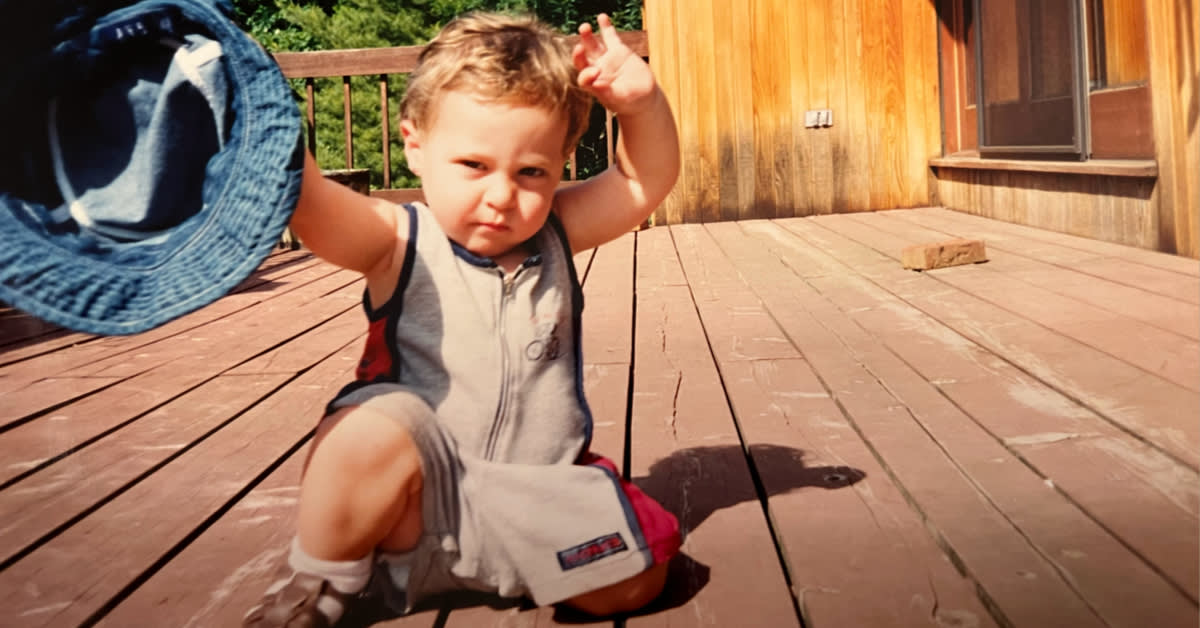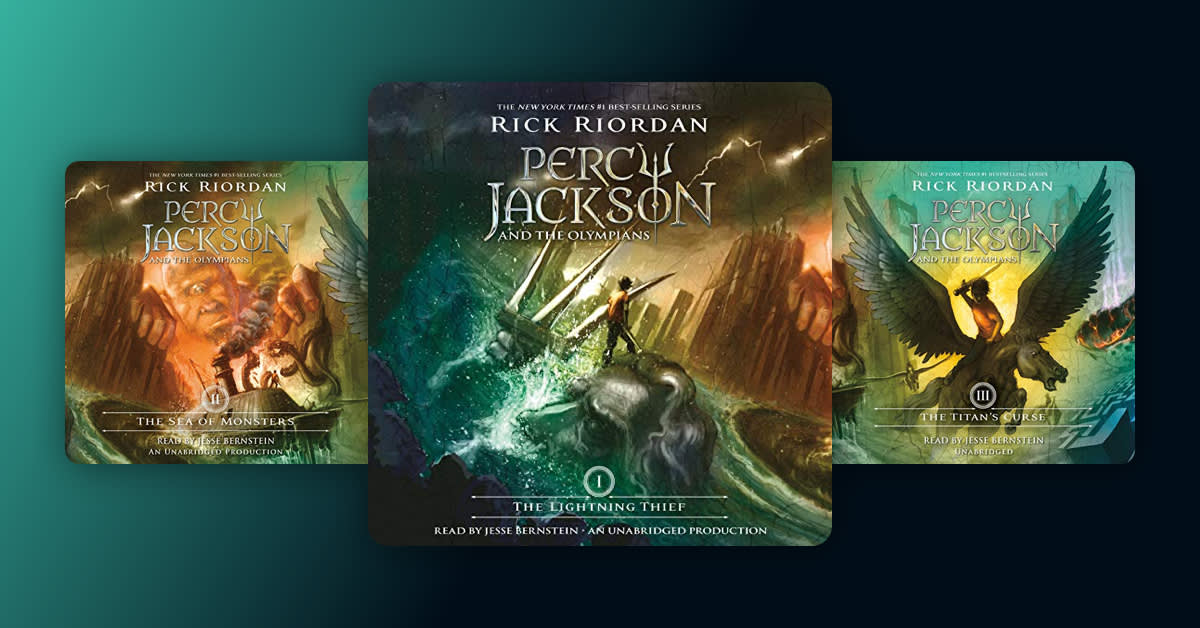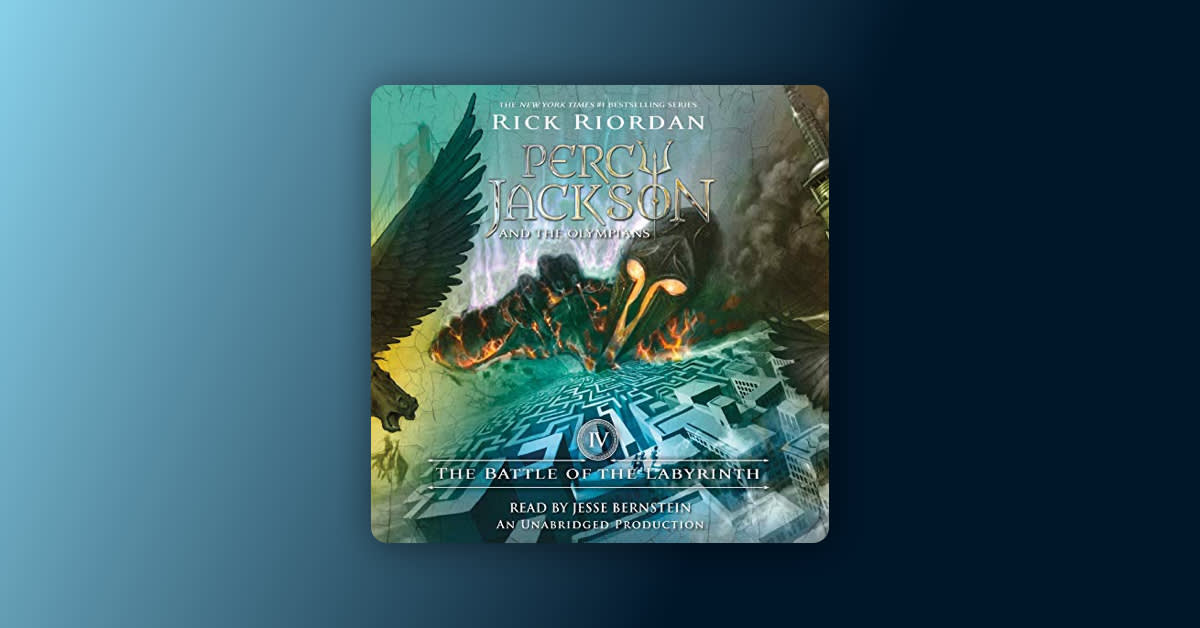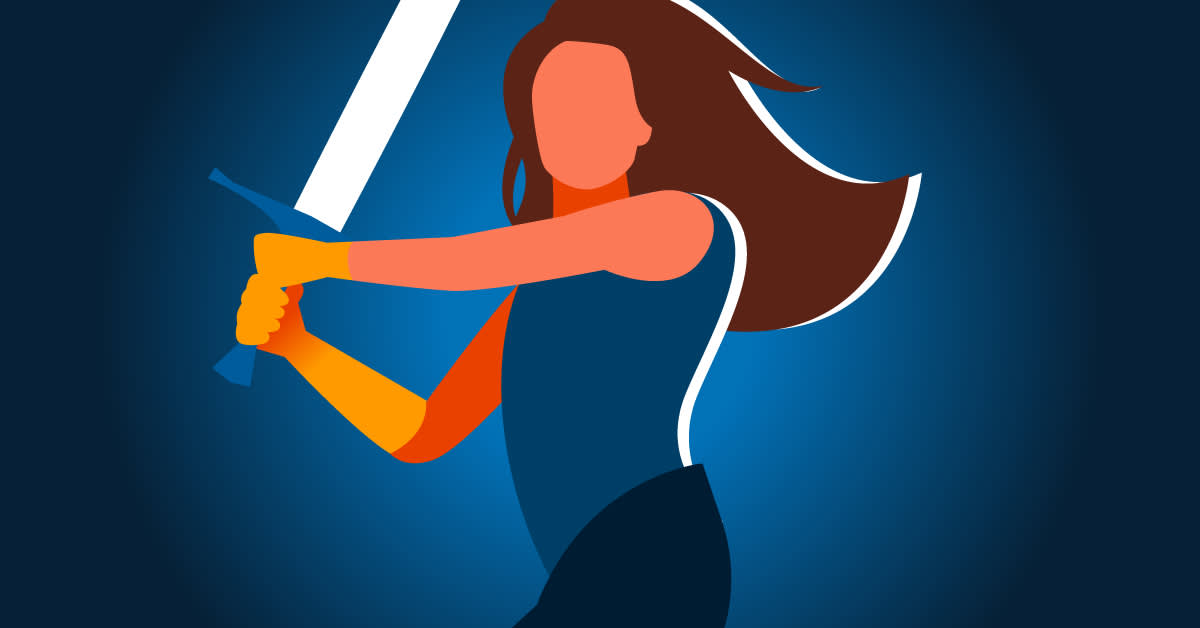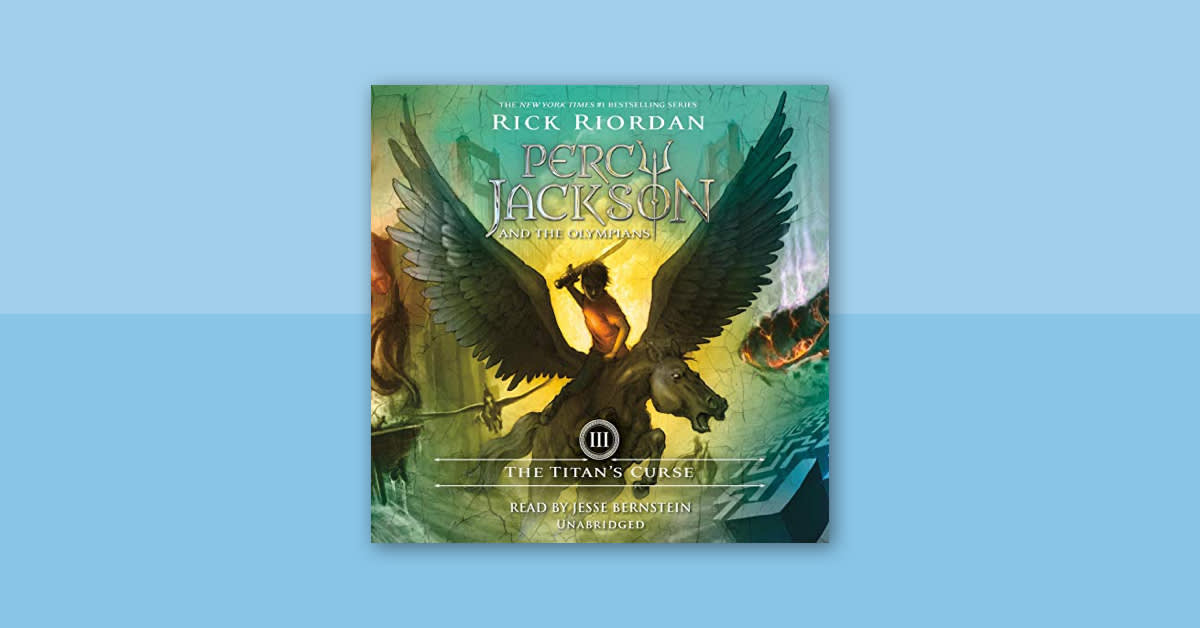When I think of my grandma Geri, I am immediately spirited to the Metropolitan Museum of Art. For as long as I can remember, she has been a docent there, armed with her volunteer pass and reusable metal pin. Growing up, trips to New York City meant adventures around the world, from the bronze farming tools of ancient Mesopotamia to the intricate armor sets of feudal Japan. Whether it was a new exhibit or a longtime staple, my grandma guided me through each area with unmatched enthusiasm and expertise. Though every visit offered the chance to explore an exciting new corner of the planet, I found myself drawn back, again and again, to the same time and place.
I don’t know what exactly drew me to the Greco-Roman exhibit initially. Maybe it was the marble statues, posed to perfection in all of their armless, nose-less glory. Or perhaps it was the pottery, vases emblazoned with those unmistakable Greek accents, showcasing heroes and athletes, gods and monsters. More likely, though, it was my grandma, jumping at every chance to recount the epic tales of the figures depicted. She unspooled the legends of brave Achilles, the cunning Odysseus, the proud Heracles, and the prodigious Orpheus. And though each tale no doubt held enough action and excitement to enthrall me even as a young boy, it was their key philosophical themes and morals that made for memorable conversation. No matter what it was that drew me to those foundational, timeless stories, I couldn’t get enough. I always wanted to know more about Greek and Roman mythology, asking for books in the museum gift shop and using my allotted screen time at home to pore over any relevant Wiki articles I could find.
It felt somewhat fated, then, when I saw a book called The Lightning Thief on display at my elementary school book fair. The summary promised a contemporary urban fantasy epic, bringing the mythology of ancient Greece to the modern United States. When I brought the book home and cracked it open, I found a series that resonated with me on a level I didn’t yet know was possible.
Fittingly, the first chapter opens inside the Met, with our hero Perseus “Percy” Jackson learning about Greek mythology on a class trip. In this series, the world is covered by something called “The Mist,” which keeps normal humans from seeing supernatural phenomena. After being exposed to a few life-or-death situations involving monsters, Percy realizes that not only are the stories true, but he is destined to play a key role in the mythical world he stumbled upon. Percy, revealed to be the demigod son of Poseidon, is whisked away to Camp Half-Blood, a safe haven for heroes-in-training. There, he makes new friends and sharpens his skills, before embarking on an epic cross-country quest to save the world.
As a summer camp kid, I saw so much of myself in Percy’s life at Camp Half-Blood. Growing up, I spent six formative seasons in Maine at a camp that was heavily geared toward wilderness education and survival training. While building fires in the rain and erecting temporary shelters may not sound as exciting as sparring Medusa or fending off Furies, my experiences served a similar purpose, helping me to come into my own and grow more courageous, forward-thinking, and capable. It should come as no surprise, then, that I would bring a new Percy Jackson book to camp every year, injecting my outdoor experiences with a shot of mythical adventures.
Though daunting, I wouldn’t trade those often uncomfortable experiences of youth for anything. Like the opportunities for growth Camp Half-Blood offered Percy, Annabeth, Grover, and the rest, my summers gave me the chance to carve out my own identity and learn how to solve real problems at a young age. While my challenges were decidedly lower stakes than the fate of the planet, I couldn’t help but see the similarities between the self-reliance born in me, a mere mortal, and the independence Percy found as a young camper.
With the brand new Disney+ series bringing Percy Jackson back into the cultural conversation, I am optimistic that a whole new generation of fans will likewise find belonging in this magical, mythical story. It's been almost 20 years since I first fell in love with this series, and that passage of time affords both new perspectives and a culture totally different from that of my childhood. Yet there's something universally empowering about this series, particularly in how it deals with themes of neurodivergence and individual strengths, delivering a message of self-love and the power of friendship while also stressing the importance of trusting yourself.
Years later, returning to the Met brings me as much joy as it did when I was tween. Though the pottery, busts, and mosaics remain the same, coming back to these familiar sights provides me with both a heavy dose of nostalgia and a sense of comfort. Their permanence is stirring—these artifacts are timeless, and will be displayed in all of their beauty long after I’m gone.
I reckon with similar feelings regarding Percy Jackson and his adventures. I may no longer be a middle schooler, yet I still find Percy’s arc surprisingly relatable on every repeat listen. Nearly everyone is searching for their purpose in life and, for most people, that journey never truly ends. For fans old and new alike, Percy Jackson and the Olympians stands as a reminder to set off on those personal quests with courage and heart.
